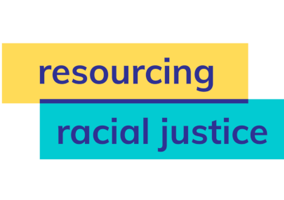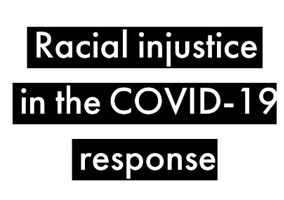It is a sad indictment that it has taken a global pandemic and an international race equality movement to force funding to change.
It’s hard to look on the bright side at the moment, but if there is one thing we can pull from the wreckage of 2020 it is that some things have to change. The pandemic has made us painfully aware that our funding system, when it comes to supporting diverse and marginalised communities, is not fit for purpose.
It may not be that grantmakers are inherently racist or prejudiced, or wilfully hold back money for segments of society they do not understand or deem worthy of support. Well, let’s hope that’s not the case anyway. It is more that the ingrained blindness of privilege pervading the system results in those deserving causes that do not fit the standard mould being underfunded or ignored. Invisible barriers at every turn prevent grassroots groups, which are serving some of the most disadvantaged communities in our society, from applying for grants.
These barriers are not deliberately exclusionary, but they are definitely careless and can be fatally flawed. It can be as simple as the language used on the grant forms or the laborious nature of the application process that isolate organisations which are fighting for equal recognition for their beneficiaries or lack resources. What makes things worse is that these are the very communities that have been hit hardest by the pandemic.
It is a similar argument to the one levelled at the lack of diversity in the workforce – how job application processes and advertisements fundamentally exclude entry for people from diverse backgrounds by demanding, say, a university degree or voluntary service or by not stating the starting salary.
Some funders are listening and taking steps to be more inclusive by, for example, streamlining application processes or ringfencing allotted funds for specific communities. But it is a sad indictment that it took a global pandemic and an international race equality movement in the form of Black Lives Matter to force that change. We can and have to do better moving forward, with or without a vaccine.
@stevejcotterill












